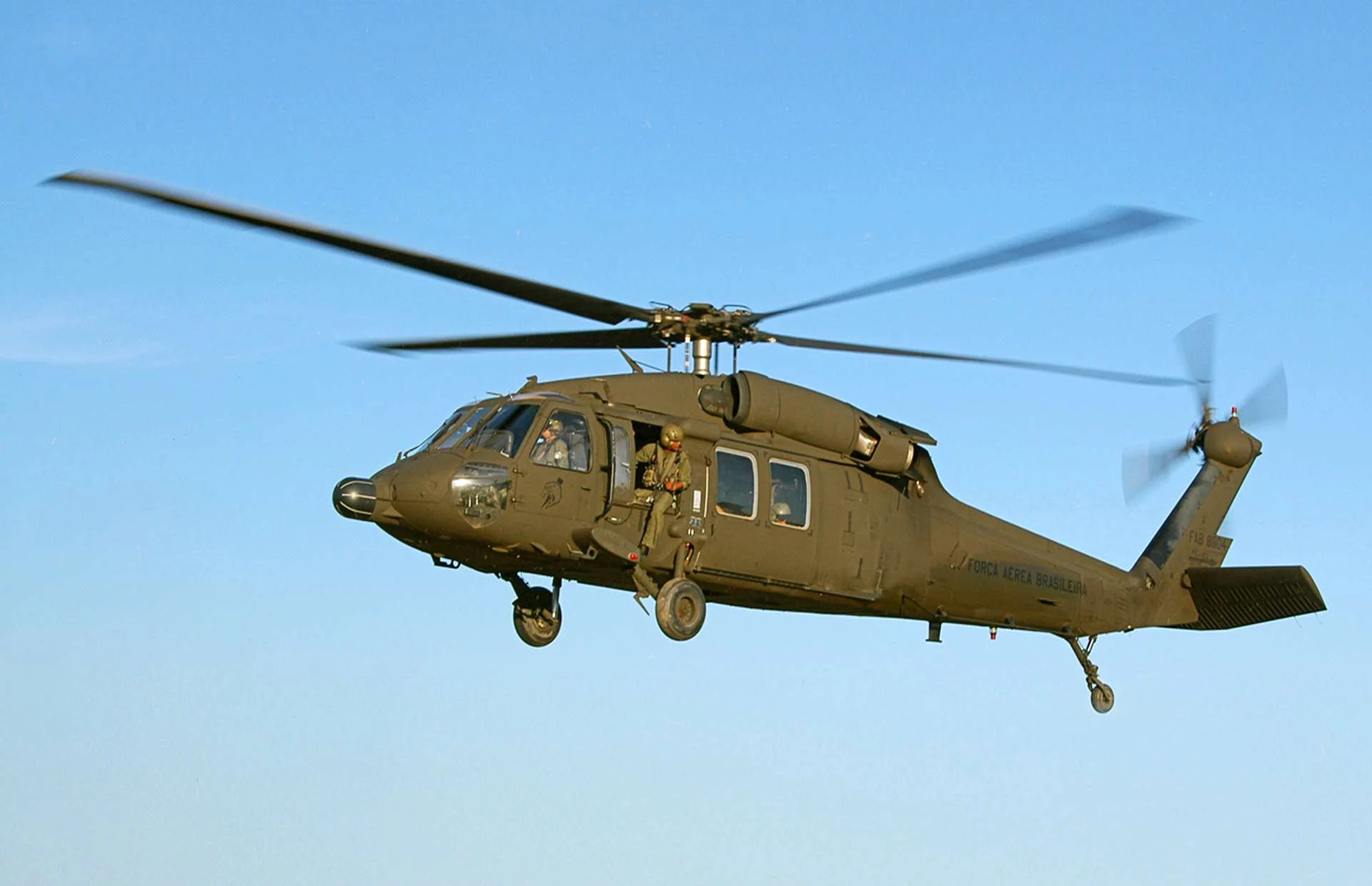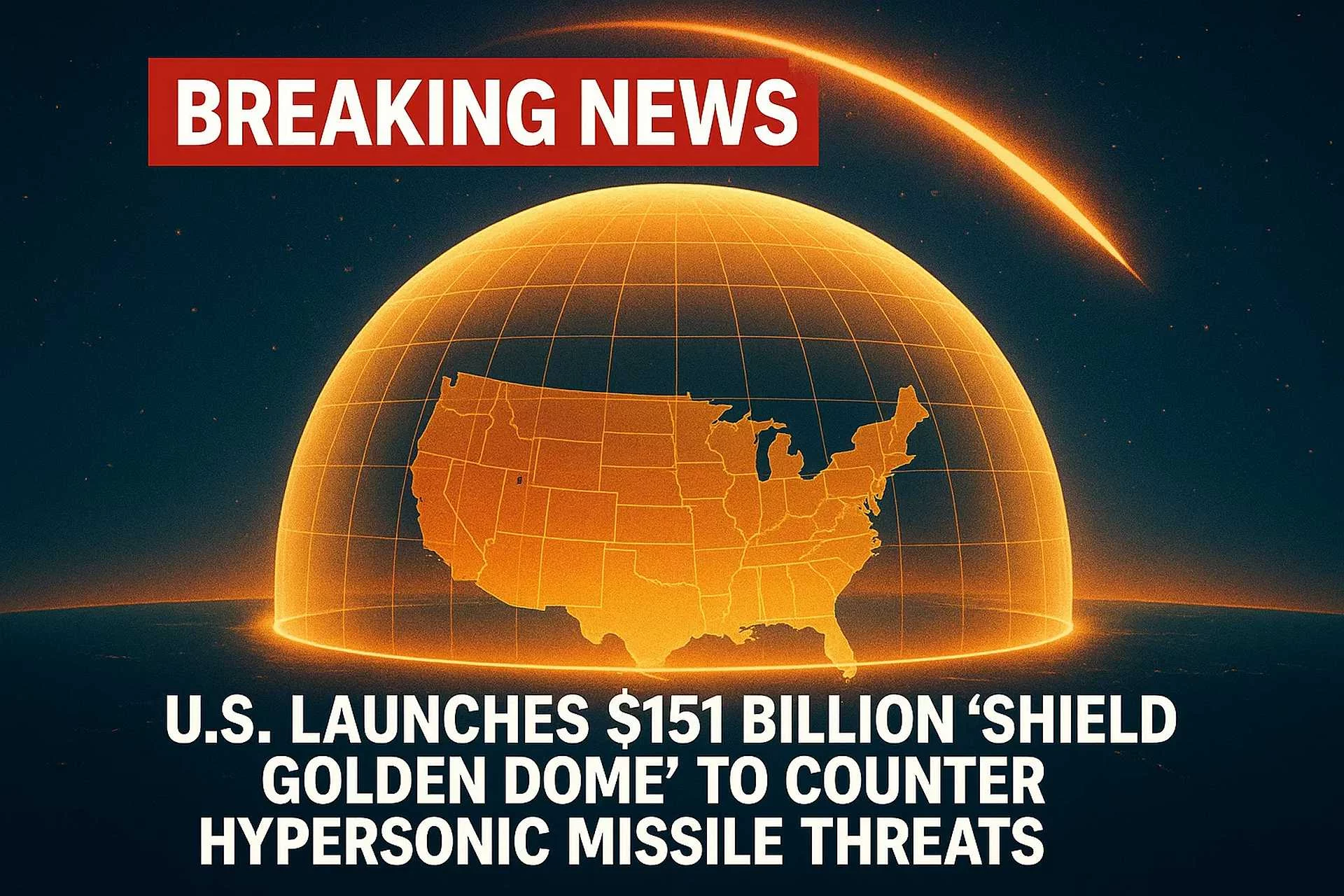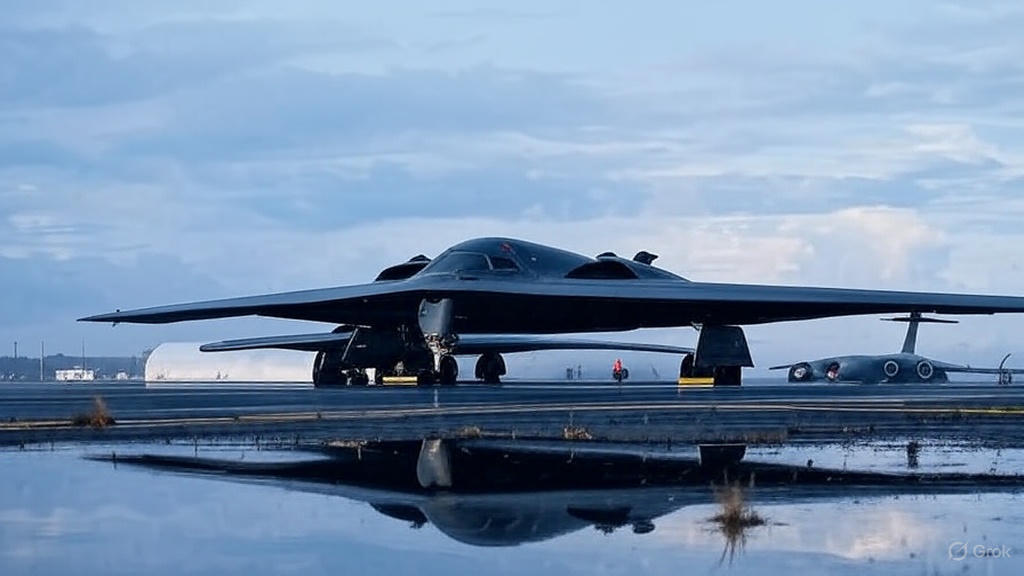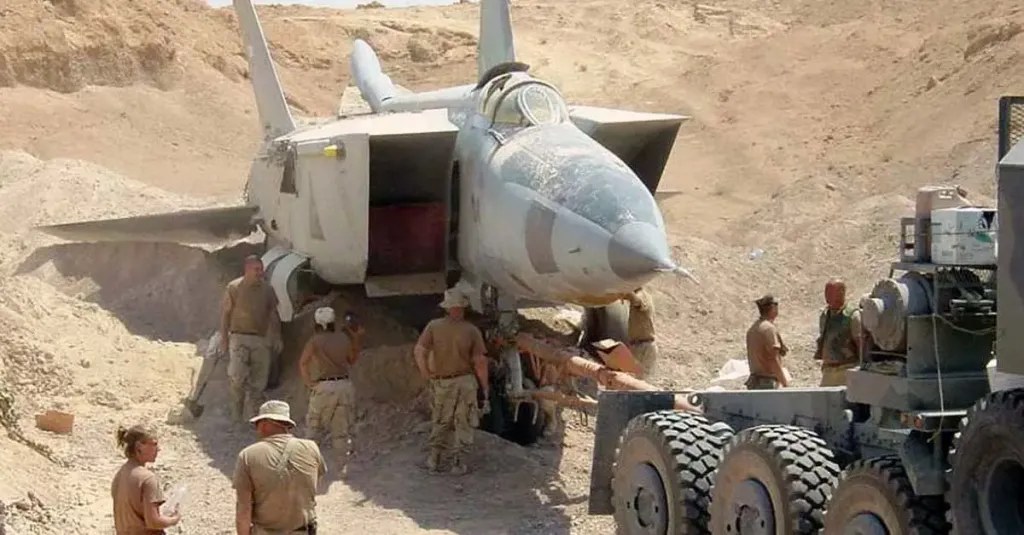In a strategic move to strengthen its military capabilities and address growing regional tensions, Brazil has announced plans to significantly expand its fleet of U.S.-made Sikorsky UH-60 Black Hawk helicopters. This decision underscores Brazil’s commitment to enhancing its defense infrastructure, ensuring national security, and maintaining a robust presence in South America’s complex geopolitical landscape. The acquisition of additional Black Hawk helicopters, renowned for their versatility and reliability, positions Brazil to better navigate the challenges posed by regional instability, border disputes, and the need for advanced military readiness.
Background: Brazil’s Strategic Imperatives
Brazil, the largest country in South America, shares borders with ten nations, including Venezuela, Bolivia, and Colombia, regions that have experienced varying degrees of political and economic instability. Recent years have seen heightened tensions in South America, driven by issues such as cross-border migration, drug trafficking, and territorial disputes. For instance, Venezuela’s ongoing political crisis and its strained relations with neighboring countries have raised concerns about regional stability. Similarly, the Amazon rainforest, a critical global ecosystem under Brazil’s stewardship, has been a focal point for international scrutiny and domestic security challenges, including illegal logging and mining activities.
To address these multifaceted threats, Brazil’s armed forces have prioritized modernizing their equipment and improving operational readiness. The Brazilian Army’s aviation branch, in particular, has identified the need for a versatile, multi-role helicopter capable of performing a wide range of missions, from troop transport and reconnaissance to disaster relief and counter-narcotics operations. The UH-60 Black Hawk, a battle-tested platform used by militaries worldwide, has proven to be an ideal fit for Brazil’s diverse operational requirements.
Doubling the Black Hawk Fleet
The Brazilian Army currently operates a fleet of UH-60 Black Hawk helicopters, which have been in service since the early 2000s. These helicopters, manufactured by Sikorsky (a Lockheed Martin company), are known for their durability, advanced avionics, and ability to operate in challenging environments. The decision to double the fleet reflects Brazil’s recognition of the Black Hawk’s critical role in its defense strategy and its desire to enhance its aerial capabilities.
According to defense officials, the expansion plan involves acquiring additional UH-60L or UH-60M variants, which offer improved performance, enhanced payload capacity, and upgraded technology compared to earlier models. The new helicopters will be equipped with state-of-the-art navigation systems, night vision capabilities, and advanced communication tools, enabling them to operate effectively in both day and night conditions. This acquisition is part of a broader modernization program aimed at ensuring Brazil’s military remains agile and responsive to emerging threats.
The exact number of helicopters to be acquired has not been publicly disclosed, but estimates suggest that Brazil could add 12 to 16 additional Black Hawks to its existing fleet, effectively doubling its current inventory. The procurement process is expected to involve negotiations with the U.S. government through the Foreign Military Sales (FMS) program, which facilitates the transfer of defense equipment to allied nations. This partnership not only strengthens Brazil’s military capabilities but also reinforces the strategic alliance between Brazil and the United States.
Strategic Implications
The expansion of Brazil’s Black Hawk fleet carries significant strategic implications for both the country and the broader South American region. First and foremost, the enhanced aerial capabilities will enable Brazil to conduct more effective border patrols, particularly in remote areas such as the Amazon, where ground-based operations are often logistically challenging. The Black Hawk’s ability to transport troops and equipment quickly and efficiently will bolster Brazil’s capacity to respond to security threats, including illegal activities and potential cross-border incursions.
Moreover, the helicopters will enhance Brazil’s disaster response capabilities. The country is prone to natural disasters such as floods, wildfires, and landslides, particularly in the Amazon and southern regions. The Black Hawk’s versatility makes it an invaluable asset for search-and-rescue missions, medical evacuations, and the delivery of humanitarian aid to affected communities. By doubling its fleet, Brazil will be better equipped to address both man-made and natural crises, reinforcing its role as a regional leader.
The acquisition also sends a clear message to Brazil’s neighbors and the international community about its commitment to maintaining a strong and modern military. In a region where defense budgets are often constrained, Brazil’s investment in advanced military hardware demonstrates its determination to safeguard its sovereignty and project power when necessary. This move could also influence other South American nations to prioritize their own defense modernization efforts, potentially reshaping the regional security landscape.
Economic and Industrial Benefits
Beyond its strategic advantages, the expansion of Brazil’s Black Hawk fleet is expected to yield economic and industrial benefits. The procurement deal is likely to include provisions for maintenance, training, and logistical support, creating opportunities for Brazilian defense companies and personnel. Local firms may be involved in the maintenance and repair of the helicopters, fostering the development of Brazil’s aerospace industry and creating high-skilled jobs.
Additionally, the partnership with the United States could pave the way for future defense collaborations, including technology transfers and joint training exercises. Brazil has a history of seeking offset agreements in major defense contracts, which could result in investments in local infrastructure or the transfer of technical expertise to Brazilian companies. These benefits align with Brazil’s broader goal of achieving greater self-sufficiency in its defense sector.
Challenges and Considerations
While the decision to expand the Black Hawk fleet is a positive step for Brazil’s defense modernization, it is not without challenges. The acquisition of additional helicopters represents a significant financial investment, and Brazil’s defense budget is subject to competing domestic priorities, including healthcare, education, and infrastructure development. Critics may argue that the funds allocated for the helicopters could be better spent addressing pressing social issues, particularly in the context of Brazil’s economic challenges.
Furthermore, the integration of new helicopters into the Brazilian Army’s operations will require extensive training for pilots, crew members, and maintenance personnel. Ensuring that the armed forces are fully prepared to operate and maintain the expanded fleet will be critical to maximizing the benefits of the acquisition. The Brazilian government will also need to navigate the complexities of the FMS process, which can involve lengthy negotiations and bureaucratic hurdles.
Regional and Global Context
Brazil’s decision to bolster its Black Hawk fleet comes at a time when global defense dynamics are shifting. The United States, a key supplier of military equipment to Brazil, has been strengthening its partnerships in Latin America as part of its broader strategy to counterbalance the influence of other global powers, such as China and Russia, in the region. The sale of Black Hawk helicopters reinforces the U.S.-Brazil defense relationship, which has grown closer in recent years through joint exercises and intelligence-sharing agreements.
At the same time, Brazil’s military buildup could raise concerns among its neighbors, particularly those with whom it has historical tensions. While Brazil has emphasized that its defense modernization is aimed at protecting its sovereignty and addressing internal security challenges, the expansion of its military capabilities could be perceived as a show of strength, potentially altering the regional balance of power.
Conclusion
Brazil’s decision to double its UH-60 Black Hawk helicopter fleet marks a significant milestone in its efforts to modernize its armed forces and address regional security challenges. The acquisition of these versatile, high-performance helicopters will enhance Brazil’s ability to conduct a wide range of missions, from border security and counter-narcotics operations to disaster response and humanitarian aid. By investing in advanced military technology, Brazil is reinforcing its position as a regional leader and signaling its commitment to safeguarding its national interests.
As Brazil moves forward with this ambitious procurement plan, it will need to balance the strategic, economic, and political dimensions of the acquisition. The expanded Black Hawk fleet not only strengthens Brazil’s defense capabilities but also underscores the importance of international partnerships in addressing the complex challenges of the 21st century. With this move, Brazil is poised to play a more assertive role in South America’s security landscape, ensuring that it is well-equipped to navigate the uncertainties of an increasingly volatile region.




